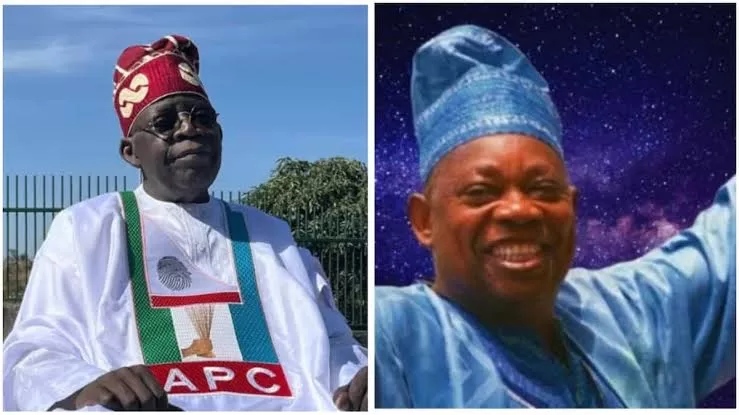June 12 is registered as an historic day in Nigeria. This special day is the day set aside to celebrate Democracy in the country.
The Democracy Day is one of the most important days in the history of Nigeria.
Unfortunately, many people are not aware of the events that led to this historic day.

If you are one of those people wishing to gain more insight on the Democracy Day, then worry no more.
After reading this piece, you will have a clear understanding of this significant day.
The history of the Democracy Day dates back to 1993.
The Democracy Day used to be celebrated every May 29 until June 6, 2018.
How June 12 Became Democracy Day
That day, the immediate past administration of President Muhammadu Buhari, declared June 12 as the new Democracy Day.
This was to commemorate the events of the day of the presidential election in 1993 where results indicated a win for MKO Abiola of the Social Democratic Party (SDP), against Bashir Tofa of the National Republican Convention (NRC).
How can we ever forget the 1993 election?
Till date, the flamboyance of that election remains unmatched in the history of Nigerian politics.
Hope 93
The numerous aesthetics applied by MKO Abiola as he preached the sermon of ‘Hope 93’ is yet to be achieved in any election, just as no administration has been able to achieve the promises of the Hope 93 agenda, not even the administration of Renewed Hope.
The 1993 election however ended in premium tears for Nigerians as Abiola was never declared winner.
The then Head Of State General Ibrahim Badamosi Babangida annulled the polls citing irregularities.
In his statement, five years ago, former President Buhari said: “June 12, 1993, was the day when Nigerians in millions expressed their democratic will in what was undisputedly the freest, fairest and most peaceful election since our independence.
The fact that the outcome of that election was not upheld by the then military government does not distract from the democratic credentials of that process.
Accordingly, after due consultations, the federal government has decided that henceforth, June 12 will be celebrated as Democracy Day.’’
2024 Democracy Day
This year’s Democracy Day promises to be an interesting one.
As we speak, the government had already released the order of events for June 12.
However, there is one problem.
The fate of the Nigerian workers hangs on the balance, with rumours of a nationwide strike springing from every corner of the internet.
Well, that is a story for another day, for now, let’s explore the events of June 12, 1993, and why is it important to Nigeria’s history?
Facts About June 12
It was on this day that Nigeria held its first presidential elections after the military coup of 1983 which was headed by Ibrahim Badamasi Babangida.
Furthermore, June 12 election is considered the freest and most peaceful election since Nigeria’s independence in 1960.
Also Read: June 12: 30 Years After, Nigeria Still Dwells On Abiola Promises
The counting process of the elections by the National Electoral Commission revealed a victory for MKO Abiola, as he already won 19 out of the 30 states, and the Federal Capital Territory.
However, the elections were annulled by Ibrahim Babaginda and no winner was declared.
The annulment led to political unrest and several protests erupted across the country.
Treason
In June 1994, Abiola declared himself the President and Commander-in-Chief.
He was then arrested and charged with treason. On July 7, 1998, Abiola died while in detention on the day he was supposed to be released.
Ibrahim Babangida resigned as the Head of State and Ernest Shonekan emerged as the head of the interim government.
Not long after, Shonekan’s administration was overthrown by General Sani Abacha.
Abacha died on June 8, 1998, a month prior to Abiola’s death.
Abiola Day
Before President Buhari’s declaration, June 12 used to be celebrated as “Abiola Day”.
This was mostly in the Southwestern part of Nigeria as a remembrance of MKO Abiola’s denied presidency.
As part of the efforts made by former President Buhari to honour June 12, Abiola was posthumously awarded the highest national honour, the Grand Commander of the Federal Republic (GCFR).
His running mate, Ambassador Babagana Kingibe and the late human rights activist, Chief Gani Fawehinmi, were awarded the second highest national honour, the Grand Commander of the Niger (GCON).

